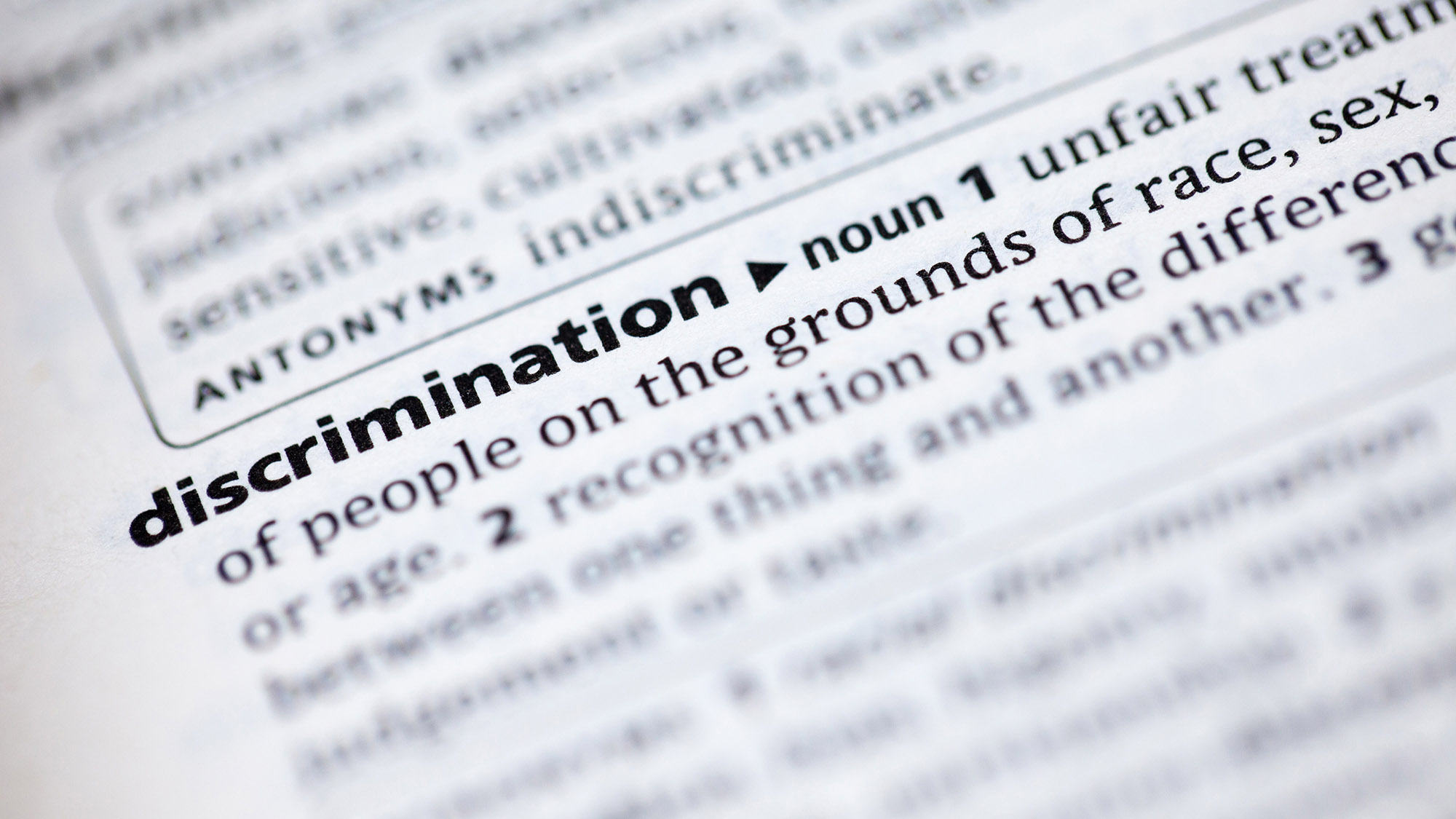Fifth of UK security pros discriminated against in 2021
The NCSC’s and KPMG’s Diversity and inclusion in cyber security report studied the obstacles faced by cyber security professionals


Over a fifth (22%) of cyber security industry professionals have experienced discrimination in the last year, according to new findings published by the National Cyber Security Centre (NCSC) and KPMG UK.
This is up from one in six (16%) in 2020, with respondents experiencing career barriers as a result of one of their characteristics has risen significantly, from 14% last year to 25% in 2021.
The NCSC’s and KPMG’s Diversity and inclusion in cyber security report studied the obstacles faced by cyber security professionals across a range of characteristics – including ethnicity, gender, sexual orientation, neurodivergence, and disabilities.
The report found that, although the cyber security industry is in many areas more diverse than the overall UK population, not everyone feels as if they can freely be themselves in the workplace.
For instance, 37% of surveyed individuals with a disability were uncomfortable disclosing their disability at work, due to fears of discrimination. The report also found that, although gay and lesbian respondents were one of the groups most confident in themselves, with 89% being comfortable disclosing their sexual orientation in the workplace in 2020, this had fallen to 76% in 2021. Bisexual respondents experienced an even steeper fall in confidence, with only 47% being comfortable with disclosing their identity at work – down from 77% in the previous year. By contrast, 91% of heterosexuals are comfortable disclosing their sexual orientation at work.
Based on the report’s findings, the NCSC drafted recommendations for the cyber security industry that would help drive progressive change. This includes taking an active role in leading on diversity and inclusion, leveraging the sector’s expertise in data to better understand how diversity and inclusion can be embedded across the talent lifecycle, and creating accessible and clear job descriptions and adverts for cyber roles.
The UK Cyber Security Council’s CEO Simon Hepburn said that the body “warmly welcome[s] and applaud[s] this second annual report by NCSC and KPMG”, which he described as “solidly researched”.
Get the ITPro daily newsletter
Sign up today and you will receive a free copy of our Future Focus 2025 report - the leading guidance on AI, cybersecurity and other IT challenges as per 700+ senior executives
“It’s vital not just to help the sector fill the tens of thousands of vacancies that exist, but for the sector and the UK to benefit from the wider range of abilities, improved creativity, different thinking, and alternative contributions of a truly diverse, inclusive cyber security workforce. The Council and the NCSC are in lockstep over the D&I [diversity and inclusion] objectives for the sector and, to that end, we also welcome and agree with the conclusions of the report,” he stated.
RELATED RESOURCE

The truth about cyber security training
Stop ticking boxes. Start delivering real change.
However, Hepburn noted that the recommendations made by the report don’t address how the industry can achieve them, adding that “programmes will need to be devised and executed”.
“The Council will therefore play its full role in devising, driving, and supporting D&I programmes, through the Council membership which we are at the start of building. I encourage cyber-related organisations that want to lead the way in D&I, and which want to show the sector that they're leading the way, to join us without delay. There is much to do,” he said.
Having only graduated from City University in 2019, Sabina has already demonstrated her abilities as a keen writer and effective journalist. Currently a content writer for Drapers, Sabina spent a number of years writing for ITPro, specialising in networking and telecommunications, as well as charting the efforts of technology companies to improve their inclusion and diversity strategies, a topic close to her heart.
Sabina has also held a number of editorial roles at Harper's Bazaar, Cube Collective, and HighClouds.
-
 Why are many men in tech blind to the gender divide?
Why are many men in tech blind to the gender divide?In-depth From bias to better recognition, male allies in tech must challenge the status quo to advance gender equality
By Keri Allan
-
 BenQ PD3226G monitor review
BenQ PD3226G monitor reviewReviews This 32-inch monitor aims to provide the best of all possible worlds – 4K resolution, 144Hz refresh rate and pro-class color accuracy – and it mostly succeeds
By Sasha Muller
-
 SMBs urged to update software ahead of Black Friday
SMBs urged to update software ahead of Black FridayNews NCSC identified 4,151 online shops compromised using vulnerability within e-commerce platform Magento
By Sabina Weston
-
 UK’s next National Cyber Strategy to reflect need for security industrial base
UK’s next National Cyber Strategy to reflect need for security industrial baseNews The country’s upcoming National Cyber Security Strategy will 'hopefully' be released later this year
By Zach Marzouk
-
 DCMS launches UK Cyber Security Council to oversee training and certification
DCMS launches UK Cyber Security Council to oversee training and certificationNews Industry figures react positively to a body that will accredit existing courses and encourage industry-wide upskilling
By Keumars Afifi-Sabet
-
 Revealed: Huawei’s ‘five-year plan’ to address UK security fears
Revealed: Huawei’s ‘five-year plan’ to address UK security fearsNews Chinese firm attempts to assuage concerns amid mounting accusations
By Adam Shepherd